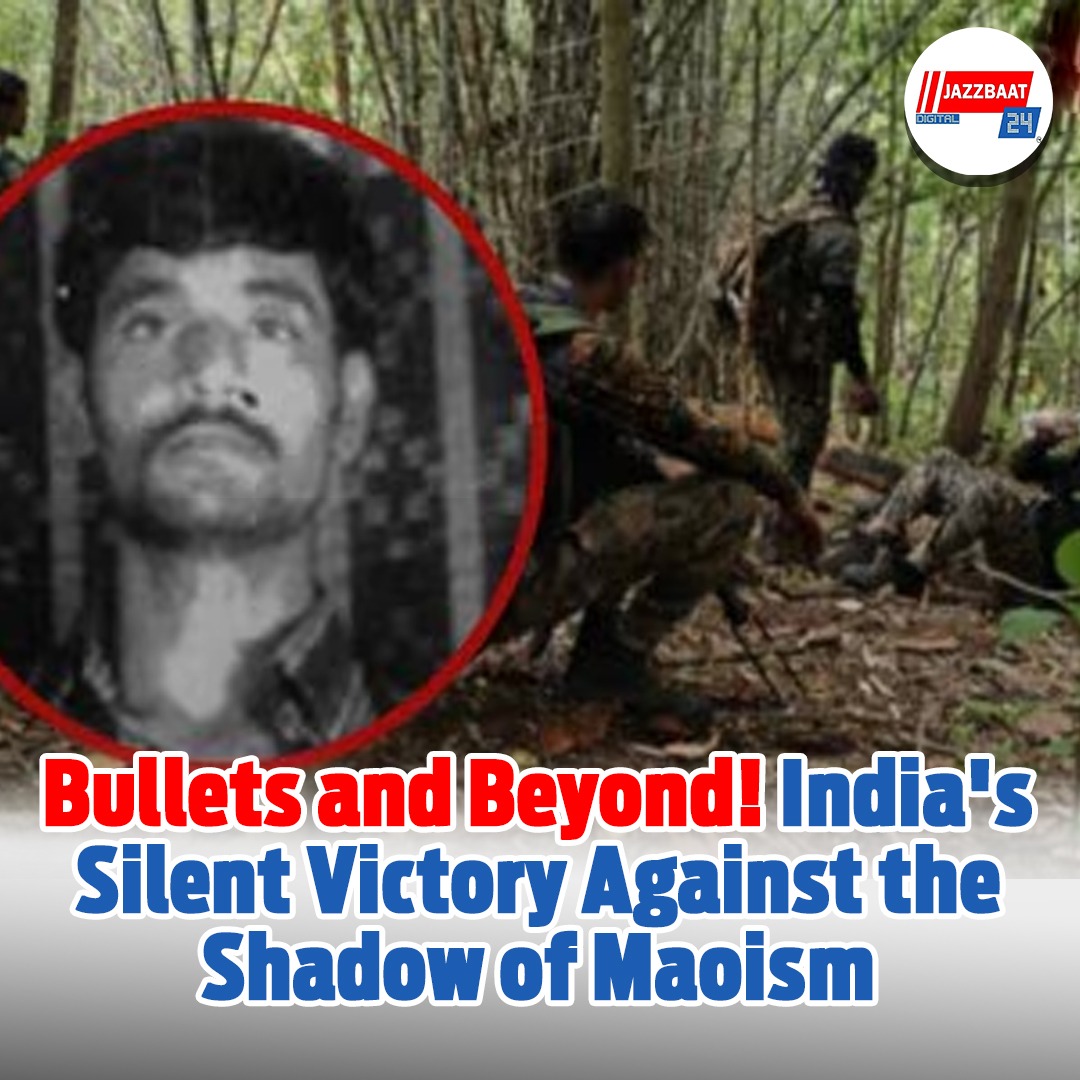
Nilanjan Dasgupta
In an extraordinary turning point in the internal security history of India, the recent operations by the country's security forces have exacted a heavy toll upon Maoist bastions, especially in the deep forests of Chhattisgarh and Telangana. With the latest operation in the Karreguttalu hills-a siege that resulted in the deaths of 27 so-called Maoists, including the elusive leader Nambala Keshavrao, alias Basavaraju-this remains to be one of the most significant blows being dealt to the insurgency in recent years.
The security agencies reveal that more than 400 armed Naxals have been eliminated in the past sixteen months. Given the scale and precision of these operations, it is clear there has been a shift in strategy-one that now values intelligence-led, policy-oriented actions and community interface more than the previously employed brute-force methodology. The data depict a landmark dip in areas under Maoist control and violence in formerly troubled states.
The Bharatiya Janata Party--in power at both the Centre and Chhattisgarh, which credits "strong political will" for these gains--has been tended to by experts and observers who are inclined to say that the gains are in reforms. Essentially, rehabilitation programs accepted former rebels back into society, rewarded civilian cooperation in intelligence networks, and nurtured a culture of engagement in communities; all this has yielded results. Former Maoists, now converted to informants and peacemakers, help dismantle the very networks they formerly worked for.
However, the battle is far from over. Analysts warn that without addressing the deep-rooted socio-economic inequalities that fuel such insurgencies, the victories may be short-lived. The need of the hour, say many, is a two-pronged approach — sustained security operations paired with inclusive development in neglected tribal regions.
As the dust settles over the Karreguttalu hills, India's Maoist problem seems weaker than ever — but its embers still smolder. Transforming the security gains into lasting peace will require more than firepower; it demands vision, reform, and empathy.
The recent crackdown should be remembered not as a moment of triumph alone, but as a call to build a more just and equitable society where rebellion finds no root, and rehabilitation holds hope.